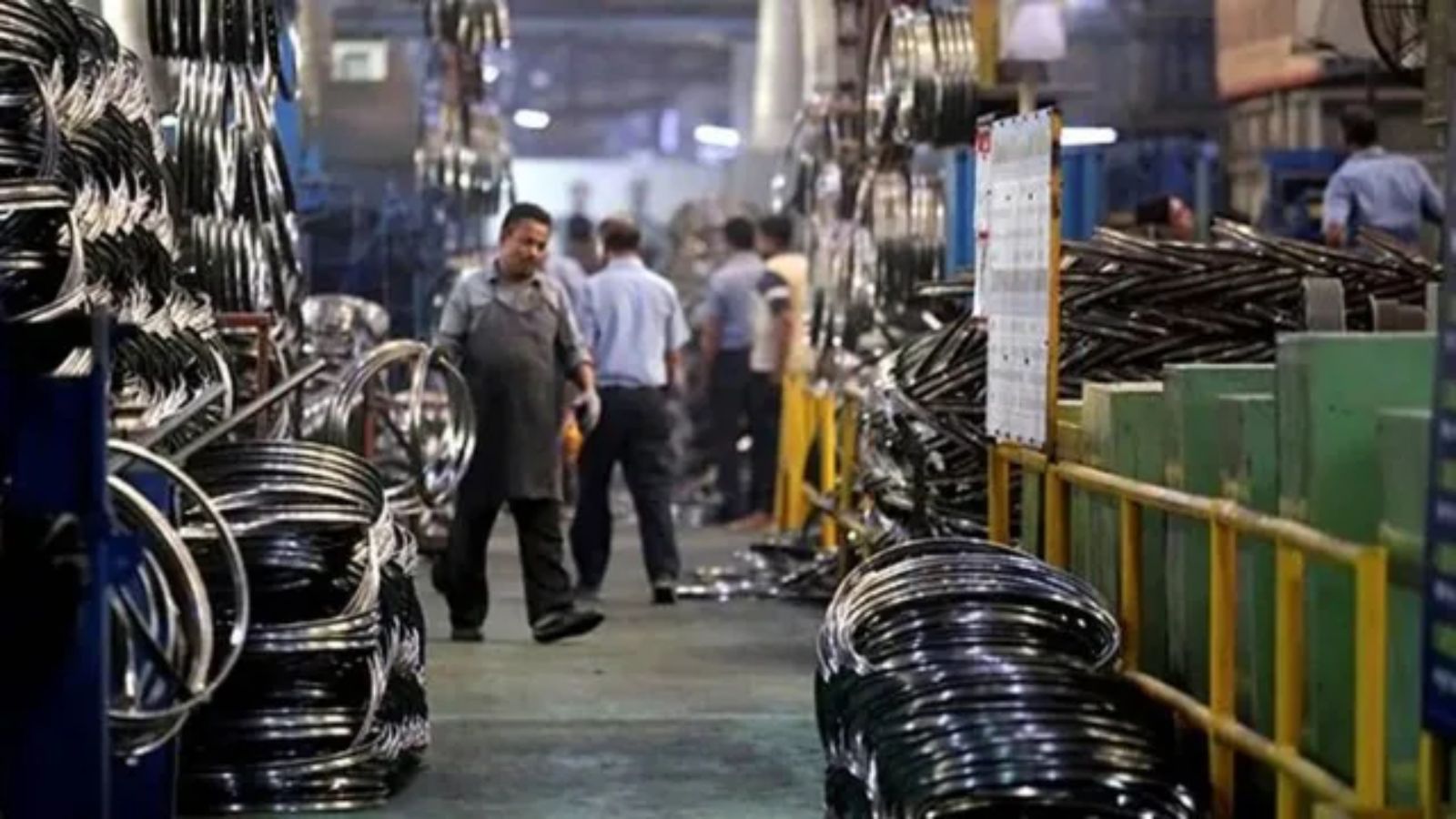The UN General Assembly has designated June 27 as “Micro-, Small and Medium-Sized Enterprises Day” to raise awareness of the tremendous contributions of MSMEs to the achievement of the Sustainable Development Goals. MSMEs account for 90 per cent of businesses, 60 to 70 per cent of employment and 50 per cent of GDP worldwide.
In the Indian economy, over the last five decades, MSMEs have emerged as one of the fastest-growing sectors.
They account for about 30 per cent of India’s GDP, employ 110 million workers, and have a 49 per cent share in exports. In India, 96 per cent of industrial units belong to small companies. The sector accounts for 38.4 per cent of the total manufacturing output and contributes 45.03 per cent of the country’s total exports.
MSMEs offer various opportunities in the country’s rural and urban areas and have helped increase employment chances for people. Over the last six years, there has been a 110 per cent yearly increase in the creation of jobs. As of December 2022, approximately 1.28 crore MSME registered industries employed 9.31 crore people including 2.18 crore women employees, based on the most recent data from the portal of Udyam.
The current state of MSMEs in India is mixed. The sector is growing but it faces several challenges including limited access to finance, technology and skills, inadequate infrastructure, complex regulatory and compliance requirements, and low levels of productivity and competitiveness. Recently released government data shows that over 10,000 MSMEs were closed in 2022-23, raising concerns over the sector’s health. Making matters steadily worse, climate-triggered heat stress is increasingly seen as putting unprecedented pressure on workers. Such risks impact infrastructure, operations and resources leading to a financial crunch, job losses, and migration.
The sector contributes significantly to GHG emissions. MSMEs generate around 110 million tonnes of carbon dioxide, equivalent to the energy usage of up to 50 million metric tonnes of oil per year from 200 energy-intensive manufacturing clusters in India, according to a 2018 report.
In the above context, sustainable and responsible business practices should be the pathway for MSMEs. Adopting the Environment, Social and Governance Framework (ESG) framework can be a start for the sector along with the nine principles of National Guidelines for Responsible Business Conduct (NGRBC) by the Ministry of Corporate Affairs. The Business Responsibility and Sustainability Report (BRSR) by SEBI for 1,000 listed companies is derived from the NGRBC. There is an anticipation of the extension of a lighter version of BRSR to all businesses including MSMEs. It is thus important for the MSMEs to organise their business practices in alignment with the principles step by step and get future ready. Adopting sustainability is important for meeting stakeholder expectations, reducing costs and increasing efficiency, enhancing brand reputation, higher business value and impact on environment and society.
An interaction with a few MSMEs suggests there is a need to decode the ESG framework and NGRBC guidelines. The ESG framework lays down key aspects around which MSMEs can address issues like energy, waste, carbon emission and factors related to the environment in their supply chain and ensure good labour practices, minimum wages, decent working conditions for workers and the safety of women. The NGRBC guidelines urge businesses to conduct responsibly and sustainably and encourage and support their suppliers, vendors, distributors, partners, and other stakeholders to follow the same.
MSMEs have also started to adopt good practices. These include low energy strategies, adopting renewable, waste management, safety of women, and timely wage payment. However, the systematic adoption of the ESG framework and organising the business practices along the nine principles of NGRBC remain imperative.
In addition, a few strategies for sustainability are as follows:
One, many MSMEs may not be aware of sustainability or do not know how to incorporate sustainable practices into their businesses. As such, governments, industry associations, civil society organisations and other stakeholders can play an active role in raising awareness, sharing best practices, and providing training and resources.
Two, providing incentives to MSMEs through financial and non-financial ways can be an effective way to encourage them to adopt sustainability. Governments and investors can offer financial incentives such as tax benefits, subsidies, grants, and low-interest loans so that MSMEs can adopt sustainable practices or invest in sustainable technologies. SIDBI has launched a programme called “Greening MSME” which provides financial assistance with a maximum limit of INR 20 crores to MSMEs to implement energy-efficient and environmentally sustainable technologies. Non-financial incentives such as recognition and awards can also motivate MSMEs to adopt sustainable practices.
Three, MSMEs are often part of larger supply chains, and collaboration with supply chain partners can help to drive sustainability improvements across the value chain. Larger companies can play a role in supporting MSMEs to adopt sustainable practices, such as providing training, technical assistance, and access to financing. The CII has launched a program called “GreenCo Rating System” that encourages sustainability improvements across the value chain by rating companies based on their environmental performance.
Four, MSMEs that adopt sustainable practices can often achieve cost savings, improve efficiency, and differentiate themselves from competitors making sustainability a competitive advantage. Governments and other stakeholders can promote this to encourage MSMEs. This can be done through ratings and recognitions. The Indian Green Building Council (IGBC) has launched a program called “IGBC Green Factory Building Rating System” that provides certification to factories that adopt sustainable building practices. This can differentiate these factories from competitors and help them attract customers and investors who prioritise sustainability.
The writer is advisor, Markzin Young Private Limited, which provides sustainability advisory to MSME



